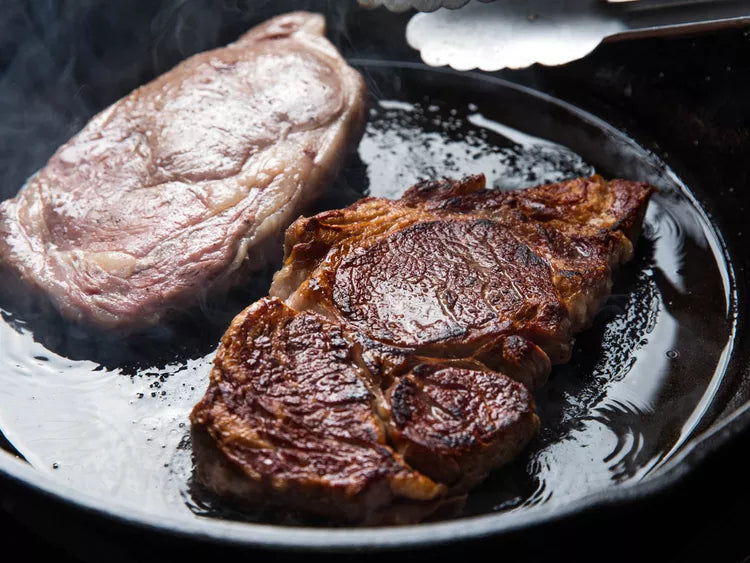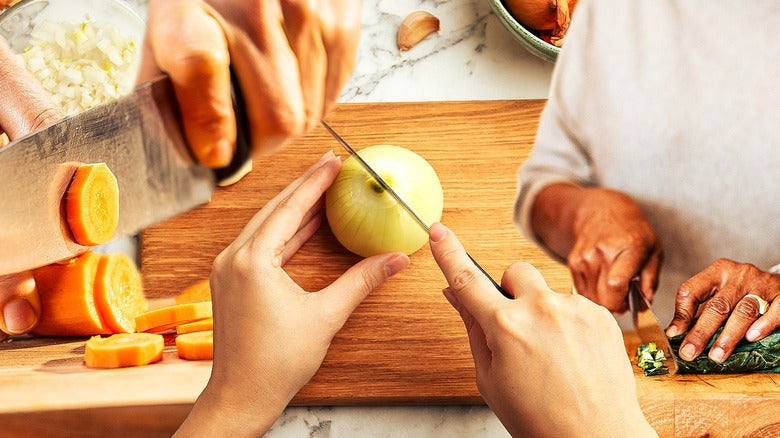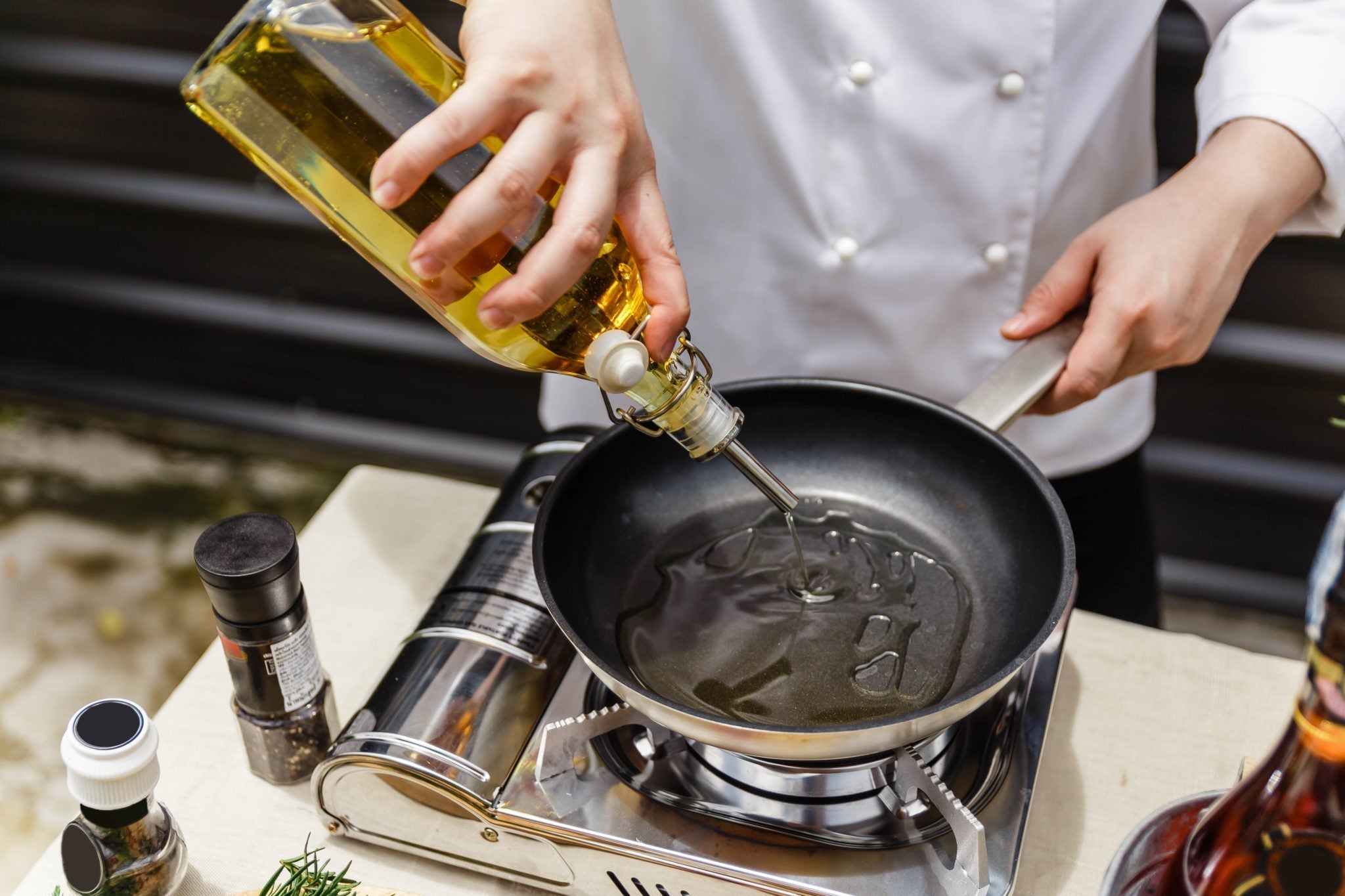When it comes to cooking, having the right tools can make all the difference. One of the most versatile and cherished tools in any kitchen is the cast iron skillet. Its ability to retain heat and deliver perfectly seared meats can elevate any dish. However, to achieve that magic, you must properly season your cast iron. The traditional method often involves the use of an oven, but have you ever wondered how to season cast iron without oven? This article delves deep into alternative methods that can yield great results.
Equipment failure, limited kitchen space, or even the sheer need for convenience might make the oven method impractical. However, seasoned professionals know that there are multiple ways to care for cast iron cookware. Whether you're a seasoned chef or a kitchen newbie aiming for perfection, knowing how to season cast iron without using an oven can expand your culinary toolkit.

Understanding the Importance of Seasoning Cast Iron
Before we dive into the methods, it's crucial to understand why seasoning cast iron is essential. Seasoning creates a natural, easy-release cooking surface and prevents rust, making the skillet last for generations. It also improves flavor over time as it builds up layers of fat and oil that align with the cooking process.
What You Need to Season Cast Iron
Seasoning cast iron can be achieved with just a few ingredients. Heres what you will typically need:
- Cast iron skillet or cookware
- High smoke point oil (like grapeseed, flaxseed, or canola oil)
- Paper towels or a clean cloth
- Heat source (stovetop, grill, or direct flame)
- Optional: salt for scrubbing
Stovetop Method for Seasoning
If you want to learn how to season cast iron skillet directly on the stovetop, here are the steps:
- Cleaning: Start with a clean skillet. If it's rusty or dirty, scrub it with salt and a little water or a non-metal brush to remove debris.
- Applying Oil: Heat your skillet on medium heat and add a few tablespoons of your chosen oil. Use paper towels or a cloth to rub the oil into the skillet, ensuring an even coating.
- Heating: Continue to heat the skillet until the oil starts to smoke, about 10-15 minutes. This process helps to polymerize the oil, creating that protective layer.
- Cooling: Allow the skillet to cool naturally. Wipe out any excess oil after it has cooled down.
Using a Grill for Seasoning Cast Iron
Grilling can also be a fantastic way to season your cast iron cookware. Here's how:
- Preparation: Preheat your grill to a medium-high temperature.
- Coat the Skillet: Apply oil as mentioned in the stovetop method.
- Grill it: Place the skillet upside down on the grill grates. To prevent the oil from dripping onto the flame, place a sheet of aluminum foil underneath to catch drips.
- Result: Leave it for about an hour to allow the oil to permeate the cast iron.
Direct Flame Method
If you're camping or just want that rustic feel, seasoning over a direct flame can be beneficial. Check out the specific instructions in our article about telling cast iron from steel.
- Set Up: Set your cast iron cookware over the flames. Be cautious of any excessive fire.
- Oil Application: Brushing or spraying oil onto the skillets surface while managing the heat.
- Monitor Closely: Keep an eye on it and rotate frequently to avoid hotspots.
Tips for Maintaining Your Seasoned Cast Iron
Now you've seasoned your cast iron without an oven, its essential to maintain it. Here are some quick tips:
- Always dry your skillet thoroughly after washing to prevent rust.
- Avoid cooking acidic foods for the first few uses, as they can break down the seasoning.
- After each use, apply a light coat of oil to maintain the seasoning.
:max_bytes(150000):strip_icc():format(webp)/__opt__aboutcom__coeus__resources__content_migration__serious_eats__seriouseats.com__images__2016__09__20160817-cast-iron-pan-vicky-wasik-collage-1500x1125-a15711a84a054cca9268b8ddda1e5dd2.jpg)
Frequently Asked Questions
1. Can I use regular cooking oil to season my cast iron?
It is best to use oils with a high smoke point, such as grapeseed or flaxseed oil, for better results in creating that desired coating.
2. How do I know when my cast iron is properly seasoned?
A well-seasoned cast iron skillet will feel smooth and can easily release food. A shiny surface also indicates that the seasoning is in good shape.
3. What if my cast iron skillet is rusted?
Rust can be removed with a combination of scrubbing and re-seasoning. Check out additional tips on telling if cast iron is seasoned.
Mastering the art of how to season cast iron without oven can enhance your cooking game. Armed with alternative methods and tips, your cast iron cookware will remain in prime condition for countless meals to come.
This article contains affiliate links. We may earn a commission at no extra cost to you.






Leave a comment
This site is protected by hCaptcha and the hCaptcha Privacy Policy and Terms of Service apply.